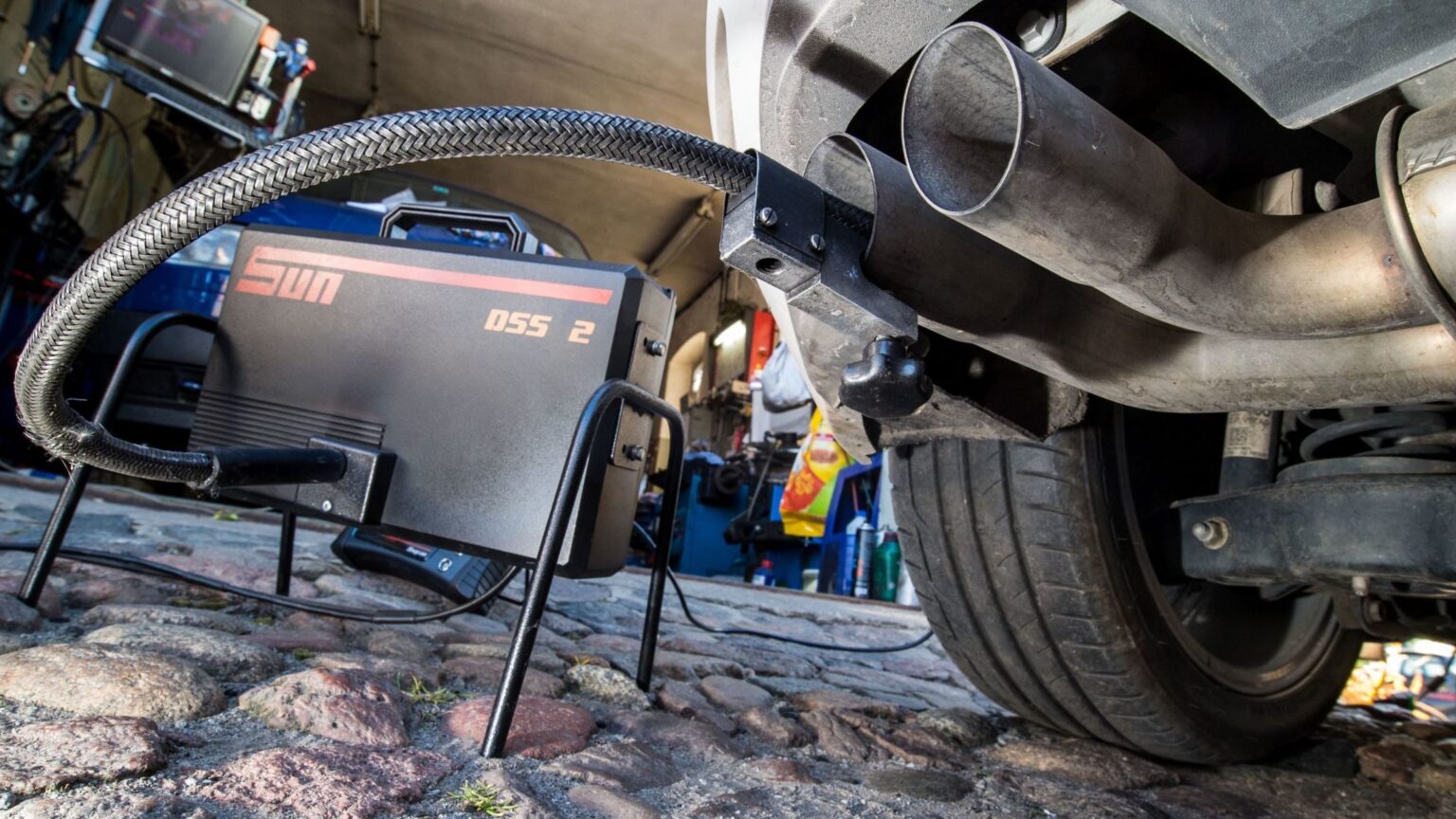Volkswagen has ordered an immediate inquiry into allegations German carmakers funded scientific tests in which monkeys and humans were exposed to diesel fumes.
The New York Times reported on Friday that research aimed at defending the fuel’s impact on the environment was carried out at a lab in the US in 2014.
The paper claimed it was led by the now defunct European Research Group on Environment and Health in the Transport Sector, also known as EUGT, a body that was solely funded by VW, Daimler and BMW.
All three companies have reacted with horror to the testing revelations.
Daimler, which owns Mercedes, told the AFP news agency it “condemns the experiments in the strongest terms”.
In a statement, BMW said it “did not participate in the mentioned studies”.
According to the New York Times, monkeys were exposed to diesel exhausts from an older vehicle – others to fumes from a more modern car.
It said 10 were locked into airtight chambers for each test and given cartoons to watch. None were reported to have died, though their fate was unknown.
VW is no stranger to controversy over the fuel – with the so-called dieselgate scandal gripping the carmaker and wider industry in 2015 when it admitted fitting software designed to cheat emissions testing to 11 million vehicles.
The bill has topped $30bn (£21bn) – with the majority of that sum originating from fines and compensation in America.
The chairman of VW’s supervisory board, Hans Dieter Poetsch, reacted to the latest claims on Monday by saying: “I will do everything possible to ensure that this matter is investigated in detail.
“Whoever is responsible for this must of course be held accountable.”
Germany’s Stuttgarter Zeitung newspaper reported on Sunday that EUGT had also sponsored scientific studies testing nitrogen dioxide, a gas found in exhaust fumes, on 25 “healthy” young people.
It reported they were given varying doses over a period of hours at an institute belonging to Aachen University in 2012, with a summary of the report showing no ill effects.
Critics blame diesel fumes for thousands of deaths in the UK each year, but the car industry insists cleaner diesel engines should not be vilified as they contribute to lower CO2 emissions.
On its website, the World Health Organisation points to “growing evidence” that nitrogen dioxide exposure “can increase symptoms of bronchitis and asthma, as well as lead to respiratory infections and reduced lung function and growth”.
It says exposure is “linked to premature mortality… from cardiovascular and respiratory diseases”.
The German government also responded to the allegations on Monday.
A spokesman said: “These tests on monkeys or even people are in no ethical way justifiable and raise many critical questions about those who are behind the tests.”
Stephan Weil, another member of the VW supervisory board, told a news conference: “At the end of the day, the purpose of such experiments is the decisive factor.
“If for example, safety and health in the workplace were being tested, as Aachen University has suggested, and ethical standards were adhered to, it is defensible.”


